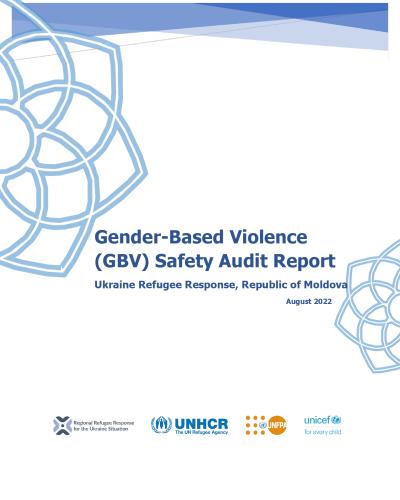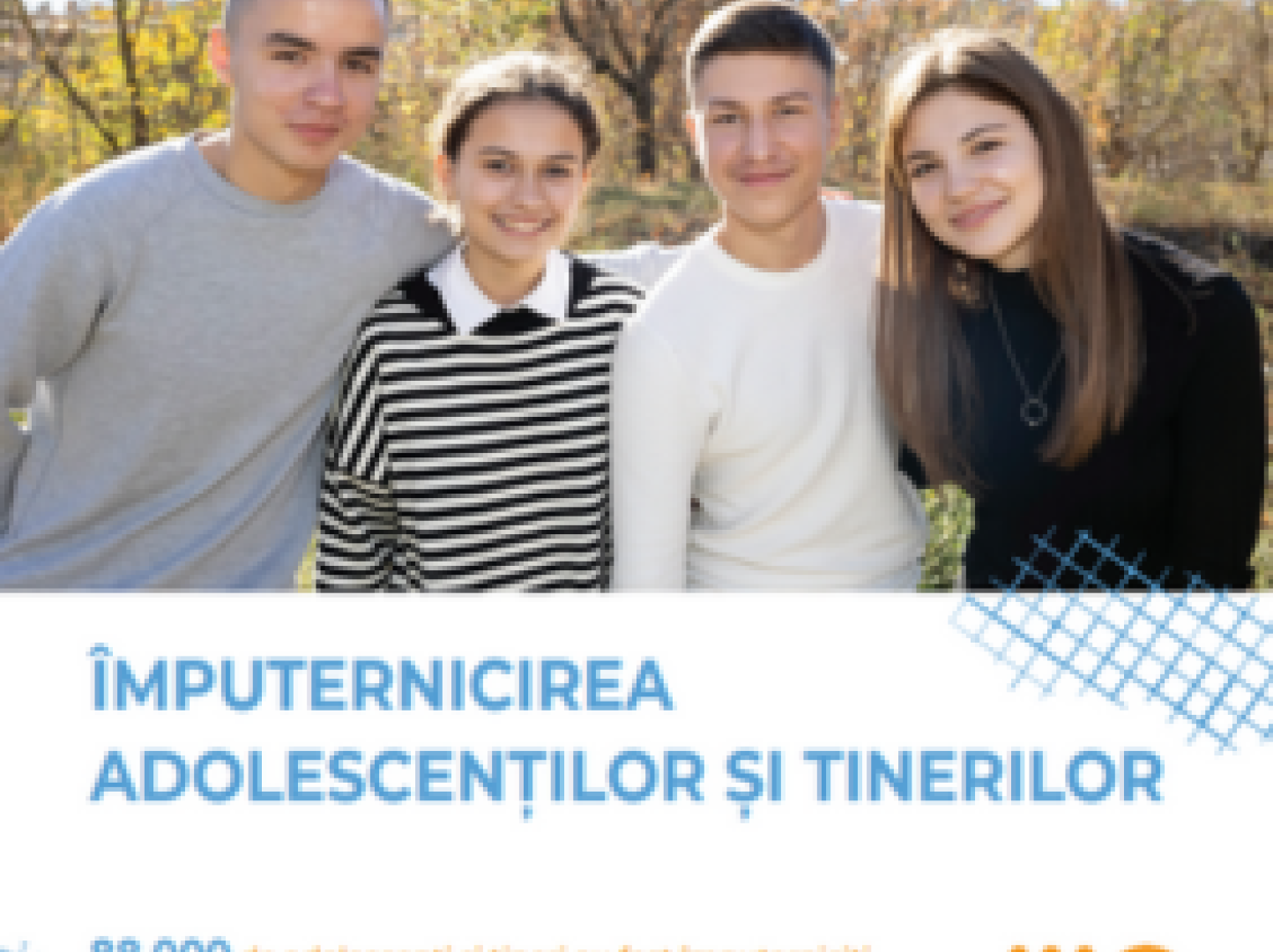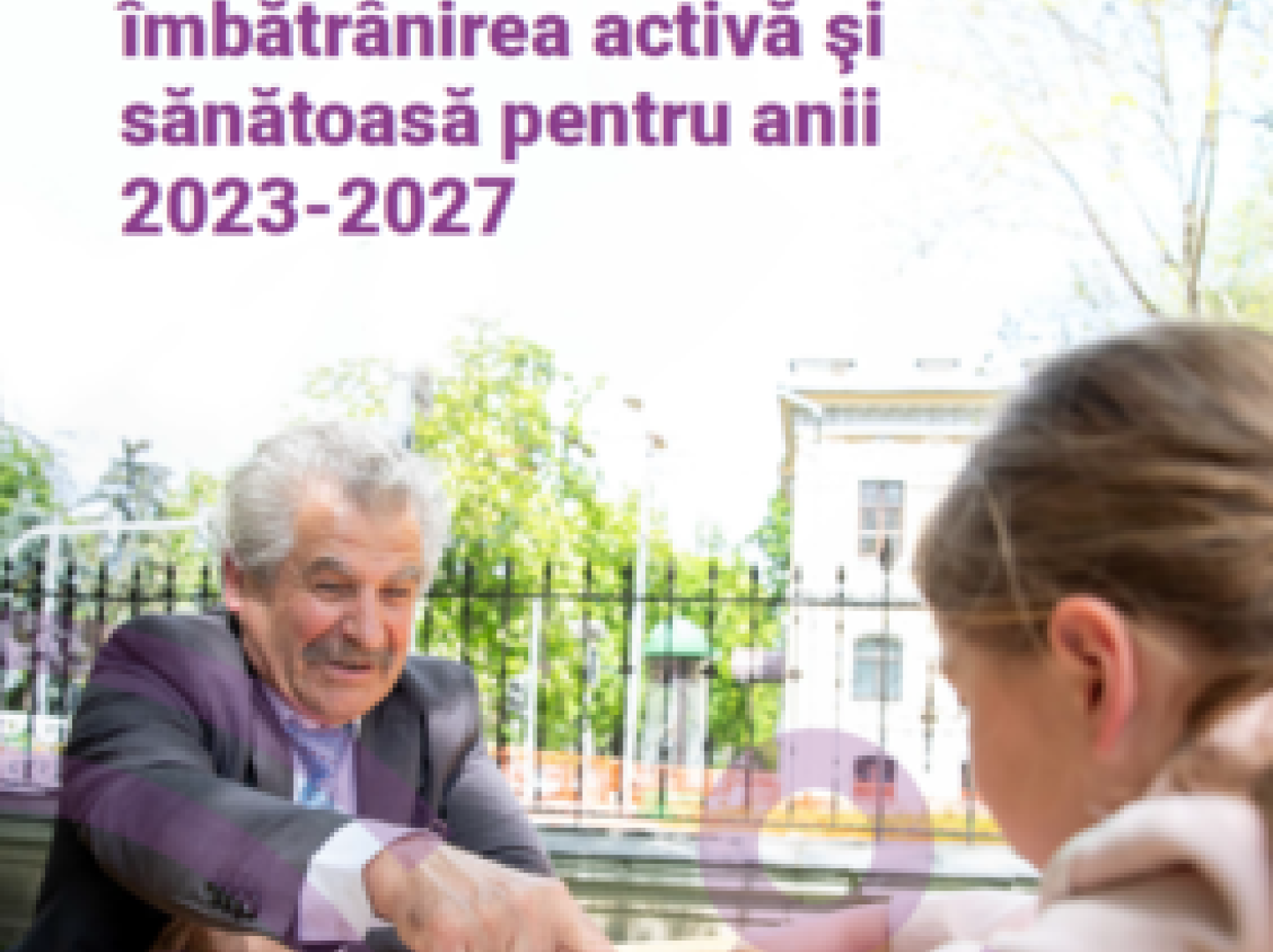Gender-Based Violence (GBV) Safety Audit Report: Ukraine Refugee Response, Republic of Moldova (August 2022)

Key Messages:
• GBV survivors face challenges in seeking assistance due to cultural barriers, in particular a culture of ‘silence’, which affect both refugee and non-refugee survivors. Access to support is also hindered by displacement-related barriers, such as lack of awareness of available services and lack of trust in the capacity of services to provide quality support that meet refugee needs.
• Entry points for access to survivor-centred GBV services should be diversified and based on preferences of the community, in particular the most at-risk groups. Information and awareness should also target frontline workers in the response who have a crucial role as entry points.
• Adolescent girls, LGBTIQ+ persons and members of the Roma community face heightened risks requiring enhanced engagement and should be considered key stakeholders in the refugee response. Service providers should adapt their programmes to meet the needs of these populations and actively engage them in response activities, ensuring that principles of diversity and inclusion guide their actions.
• A larger scale, more coordinated approach to communication, awareness-raising, and information-sharing on GBV services and risk reduction, with robust refugee engagement, is needed. Messages should be empowering, age-appropriate and avoid reinforcing harmful gender norms such as stigmatization and victim-blaming.
• GBV responders, local women-led organizations, and government social services, need additional resources to urgently scale up support.
• A coordinated approach among government institutions and local civil society is needed to implement rapid GBV risk reduction measures on the ground.






